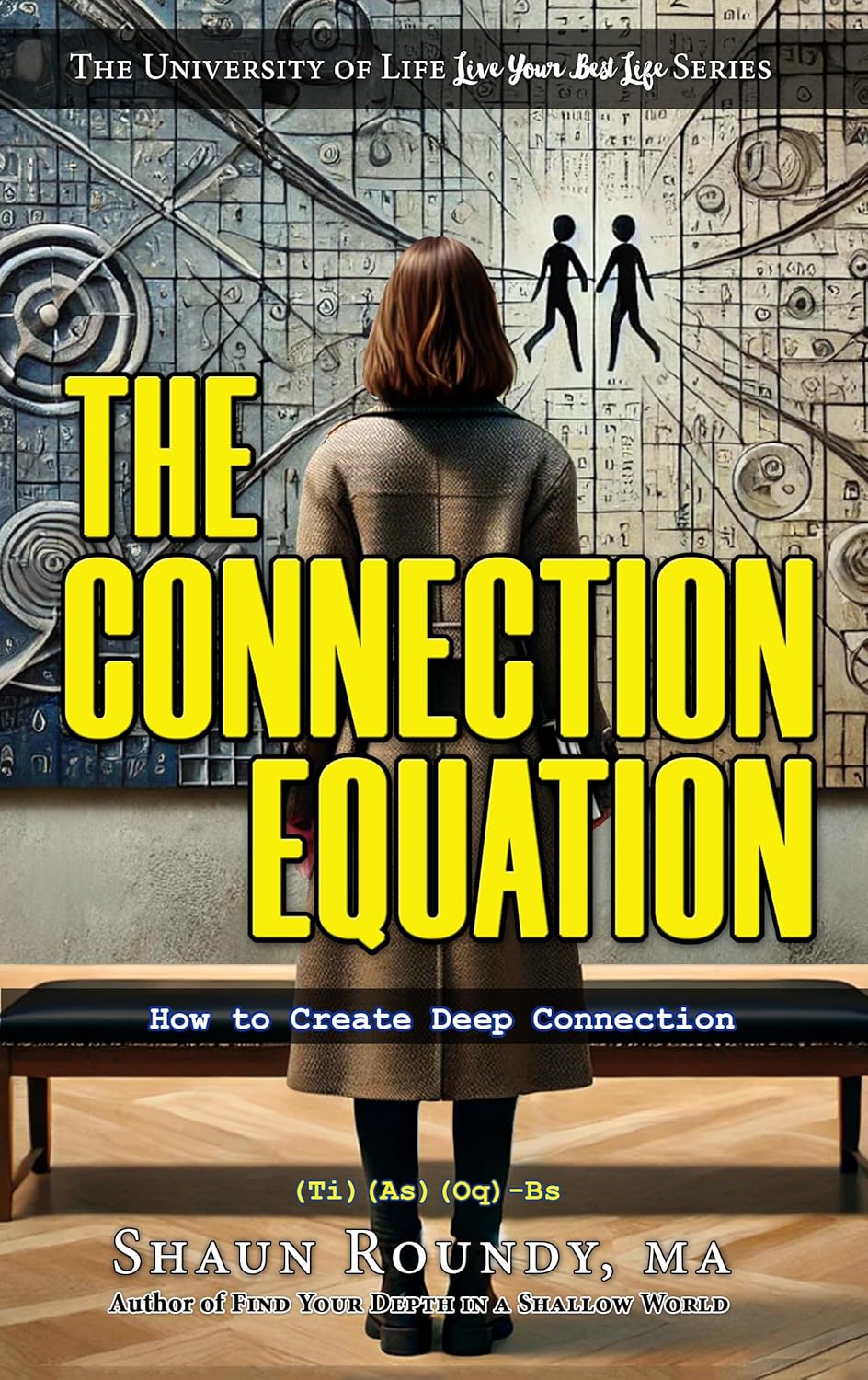Identity Layer 3: Beliefs
Stealing flowers story. Heidi, Becky, Jill, Krissa, Jodi. They couldn’t believe I did that, but it was too late to do anything but run. I never told them that…
Imagine that you have a big, beautiful house where you must spend the rest of your life. You also have many guests. None of them pay rent, they just live there. What would you do if some of the guests tore up the flowers and made lots of noise and put holes in the walls?
I hope you have enough self-respect that you would kick them out. Why should you stand for such Behavior? Invite better behaved guest instead.
Well, your big, beautiful house is your brain, and those guests are your thoughts. Stop allowing destructive thoughts to reside there. If anything tears you down and ruins your quality of life, evict it.
You’re the gardener here, which makes you responsible for tending your brain, and tearing out the weeds that take up space and resources that could be used more productively, growing fruits, vegetables or attractive plants.
If negative thoughts have already grown deep roots in your brain, then ripping them out is easier said than done.
Unless you know how to do that, which I will teach you in just a minute.
Beliefs become difficult to dislodge when they become belief systems, which are sets of beliefs which support each other and keep each other locked in place, like those interlocking root systems of redwood forests.
Furthermore, belief systems choke out any thoughts which contradicts their system, just as weeds choke out other plants.
For example, if you believe that you’re good enough, that you’re loved and accepted – which happens to be one of THE MOST IMPORTANT belief systems you can have – then you can do practically anything. You can at least try, because it’s safe to risk. You expect success, which helps you get it, but you’re still okay even when you don’t.
If you believe you’re NOT good enough, on the other hand, then even when you try, your negative beliefs undermine your efforts, and even when you succeed, it probably doesn’t change the underlying beliefs.
BTW, the test to find out whether you believe you’re good enough is that if you even ask yourself the question, even when you feel like you’re winning, then you’re not all the way there yet. If you’re still debating the question at all, it means there’s a deep belief that you’re not good enough.
So let’s do something about it. Here are three simple steps – based on neuroscience – to Choose/Change/Design Your Belief systems:
- First, let yourself feel the feelings associated with those thoughts.
- Second, invent an image to represent them. It doesn’t matter what it is, it’s just a metaphor. It works because your subconscious is primarily visual, so your image links to that thought deep in your brain.
- Third, interact with that image any way you want. You can bend it, drop it in the ocean, give it a big hug, whatever.
This visualization connects the deep thoughts to your conscious mind, which impels it to learn and transform into something better.
If you like this exercise, you can find a ton more along the same lines in HYE, a scientific approach to speaking your brains’ languages and turning pain into power, available from UofLIFE.com/books
Now for the good news – remember how belief systems held all your negative beliefs in place? Well once you replace them with more positive perspectives, it does the same thing with these, and pushes away any thought that doesn’t harmonize with your new, more supportive sense of reality.
Here are two more tips in case you’re having trouble with the particular belief about being good enough:
- When you think from your brain’s perspective, you think you have to earn your value. You have to constantly prove that you’re good enough.
- When you think from your heart’s perspective, you can skip all that. You can simply decide to have value and that’s that. This is a far superior way to think, so give it a try.
- Along the same lines, You don’t have to fight this perspective on its terms, like an argument with a third-grader. Just transcend it. Choose an answer once and commit to believe it. You can choose. It’s perfectly rational, because being “good enough” is never a fact, it’s merely a judgment call in the first place, so make the call.
For your homework, brainstorm up a list of everything you think about who you are. Decide which beliefs you like and want to keep, and get busy changing the others that you don’t.
Thanks for tuning in! Until next time, live smart, live happy!








